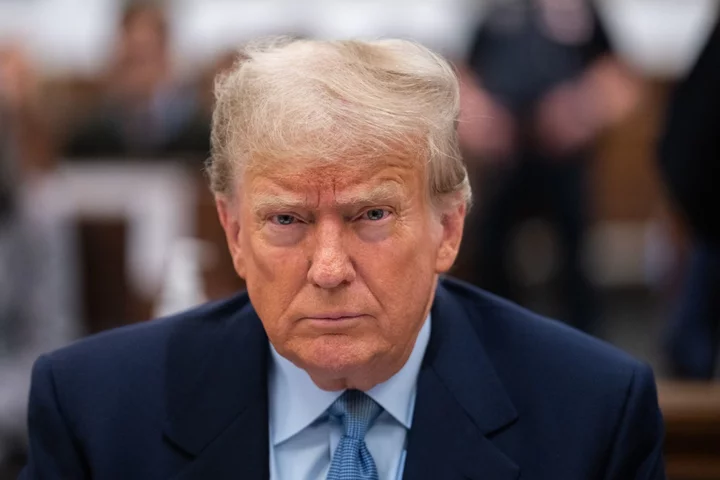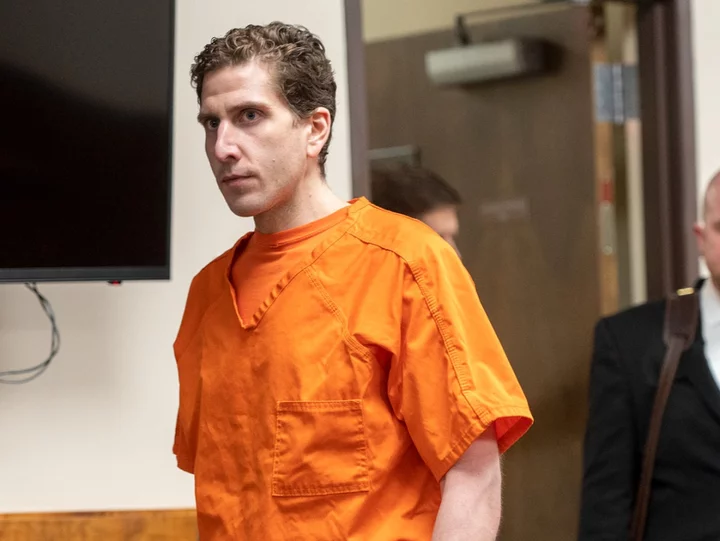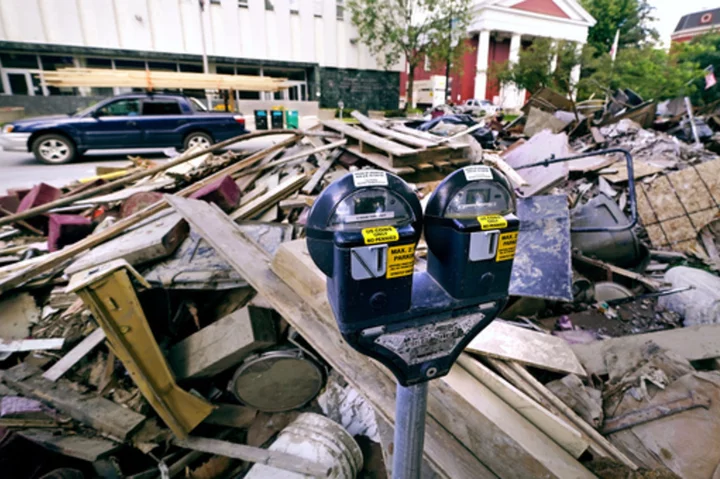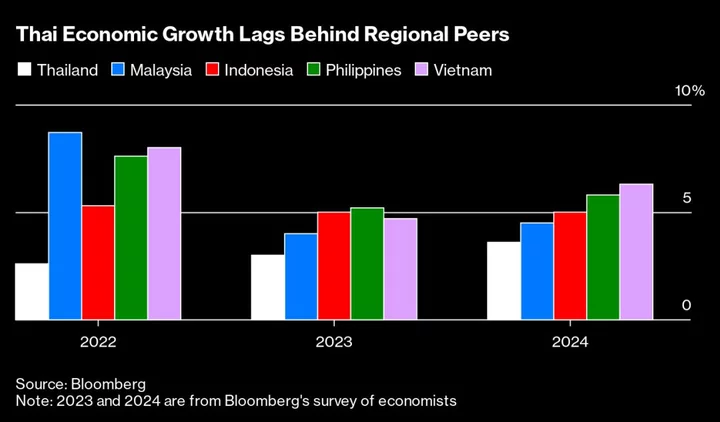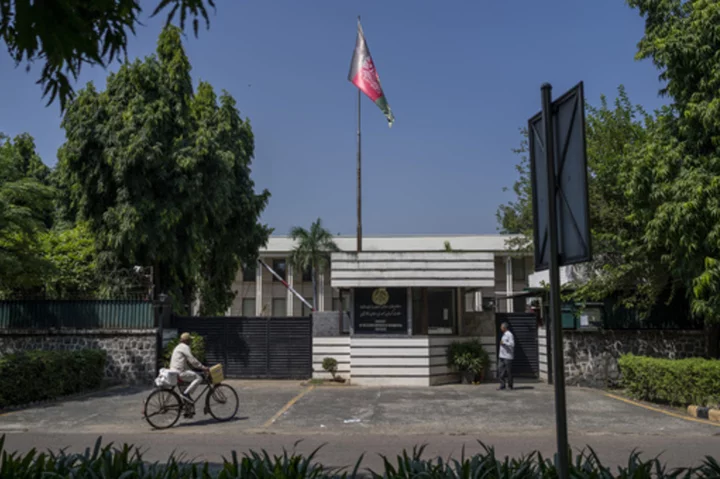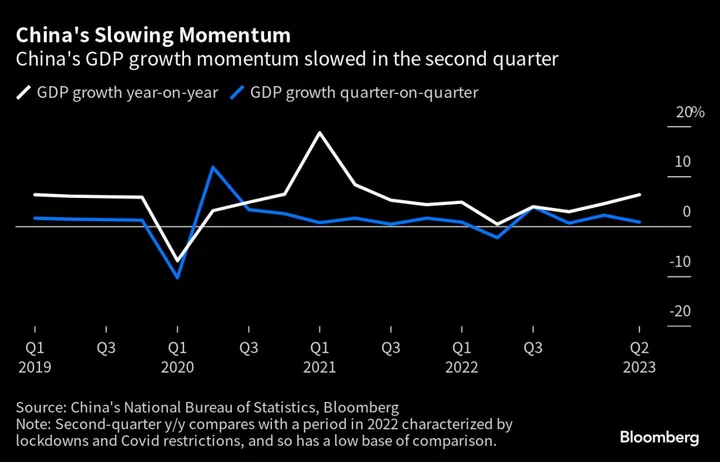The Minnesota Supreme Court dismissed an effort to disqualify Donald Trump from appearing on ballots in the state’s presidential primary, but put off ruling on whether he’s barred from another term under a constitutional ban on insurrectionists holding public office.
The state justices on Wednesday held that the overarching questions in the case about Trump’s eligibility to serve as president following his efforts to overturn the 2020 election weren’t relevant to the primary contest. Although state officials administer the primary, the court said, it was only to help each political party decide who its candidate should be in the general election.
There was nothing in Minnesota law that prohibited the Republican Party from putting a candidate on the primary ballot who ultimately is ineligible to hold office, the justices wrote.
Read More: Push to Bump Trump Off 2024 Ballot Raises Election Chaos Concern
The court didn’t rule on the rest of the novel legal questions at stake in the case. The Minnesota voters who brought the lawsuit will be allowed to renew their challenge to Trump’s spot on the state’s general election ballots once that issue becomes “ripe,” the court said.
Trump campaign spokesperson Steven Cheung said in a statement that the order validated their “consistent argument that the 14th Amendment ballot challenges are nothing more than strategic, un-constitutional attempts to interfere with the election.”
A representative of Free Speech for People, an advocacy group that brought the case, didn’t immediately return a request for comment.
The Minnesota case is one of a growing number of lawsuits filed across the US arguing that Trump’s efforts to overturn the results of the 2020 presidential election disqualify him from serving again under Section 3 of the 14th Amendment.
Section 3, which dates back to the post-Civil War era, states that an official cannot hold office again if the person took an oath to support the Constitution and then “engaged in insurrection.”
After the Jan. 6, 2021, attack on the US Capitol by Trump’s supporters, legal scholars began debating whether Section 3 could apply to elected officials who participated in the assault or who played a role in events leading up to it. A few early cases saw mixed results. A New Mexico county commissioner who had been convicted of a federal misdemeanor offense for illegally being on the Capitol grounds was removed from office.
Handful of Lawsuits
Judges so far have dismissed several cases filed this year seeking to bar Trump from appearing on 2024 ballots for procedural defects. But a handful of lawsuits — including the Minnesota fight — have reached stages where judges are poised to rule on some of the core legal issues.
A trial is set to conclude later this month in Colorado before a Denver district court judge presiding over a disqualification case against Trump. Whoever loses could appeal to that state’s supreme court before trying to take it to the US Supreme Court.
Because of differences in state election laws and court procedures, the case in Minnesota began with the state’s highest court. The justices heard arguments on Nov. 2. Before reaching a full trial with witnesses and evidence, the court first had to decide if the case could survive an early set of legal challenges by Trump.
Those threshold issues included whether the case presented a political question that the court didn’t have jurisdiction to decide, whether the insurrection disqualification language could be enforced by courts or state election officials as-is or if Congress needed to act, and whether Section 3 could apply to a former president or a presidential contest.
During the hearing, Chief Justice Natalie Hudson had said that what most concerned her was the potential for “chaos” if Trump was allowed on some ballots but not others.

